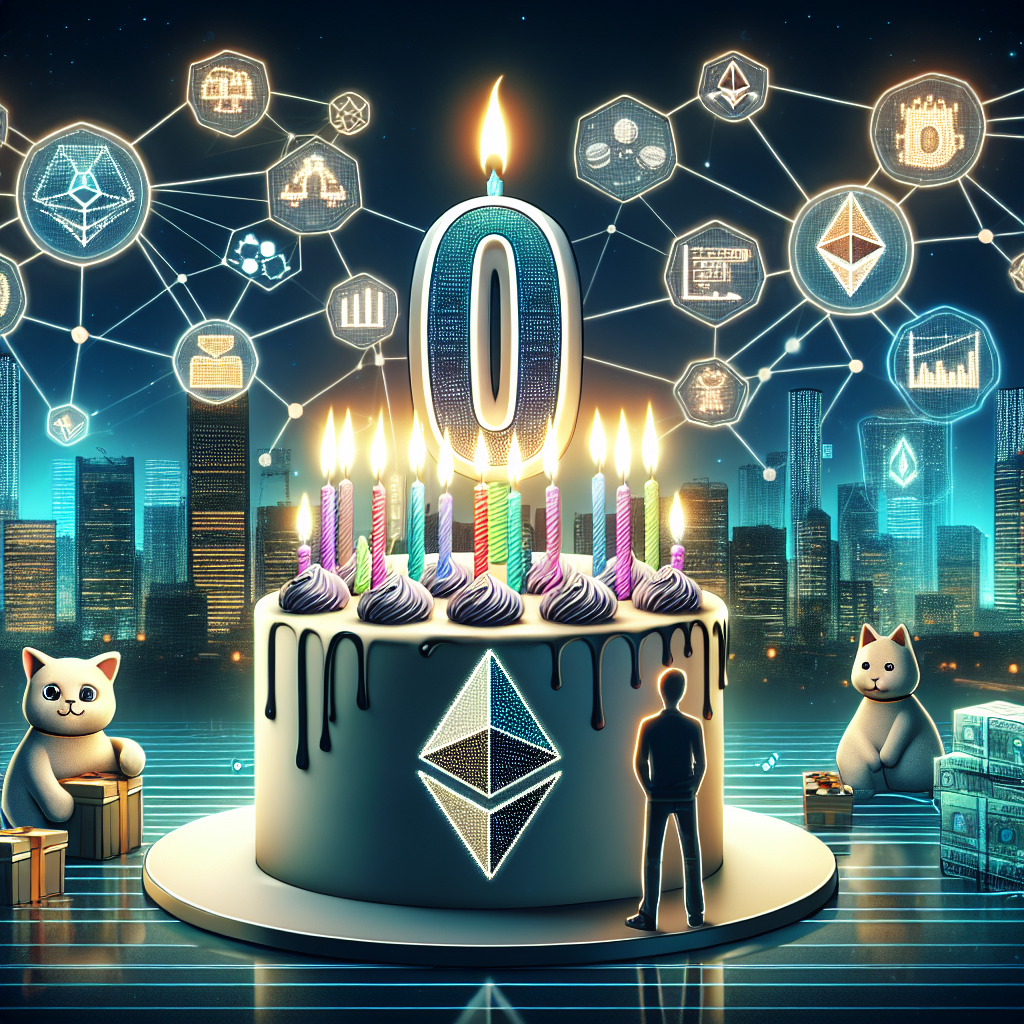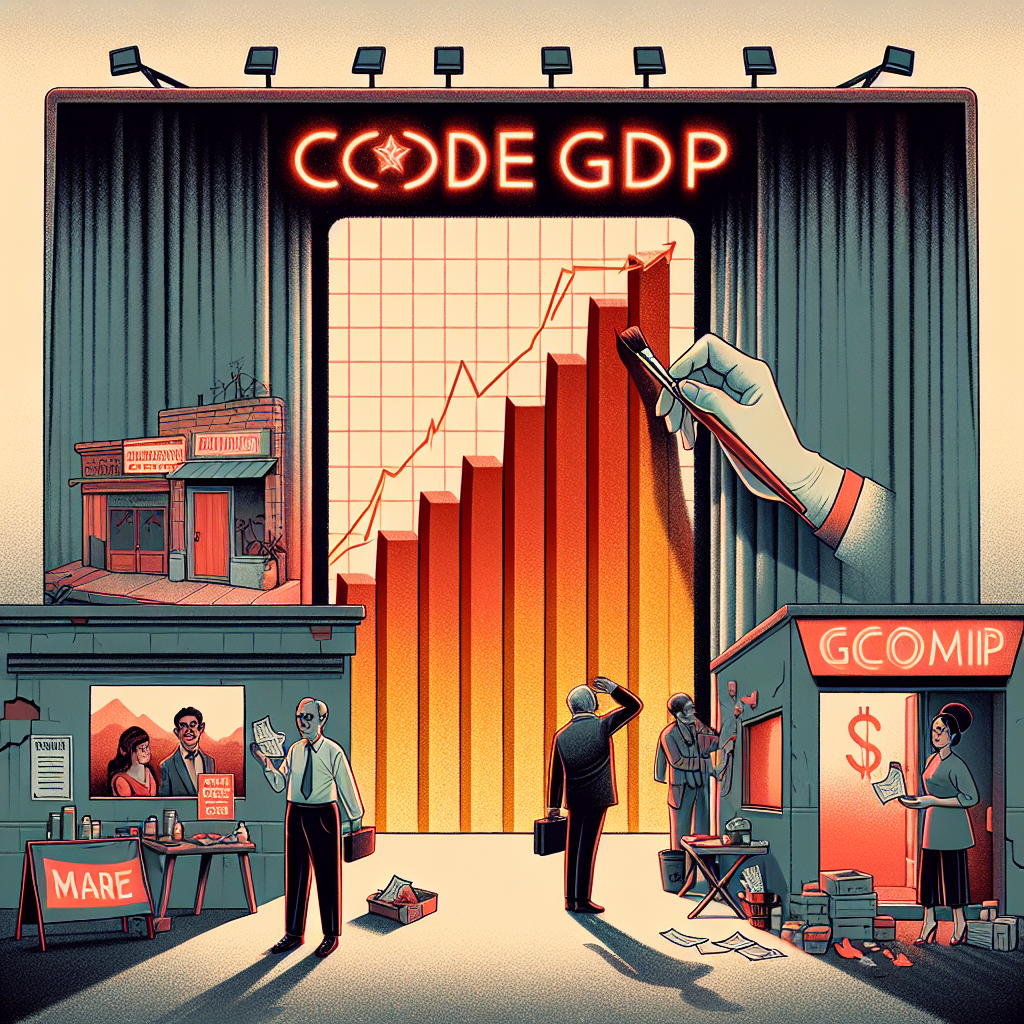🧠⚡️Silicon Showdown 2025: CEOs, Chips, and Chaotic Policies—Welcome to the Wild West of U.S. Semiconductors
By Mr. 69
Yo, techonauts! Buckle those neural seatbelts—we’re quantum-leaping into one of the juiciest dramas of the digital decade: the rollercoaster timeline of the U.S. semiconductor market in 2025. Spoiler alert: this ain’t your grandma’s chip cold war. We’ve got boardroom coups, policy backflips, and enough geopolitical tension to power a doomsday AI.
Let’s break it down, byte by byte 🧱.
🚀 January: CEOs Hopped Like Bits off a Meltdown-Fried CPU
2025 came in hot, like a solar flare straight from Elon’s Martian toaster. In a single week, we saw the resignation of not one, but THREE legacy chip giant CEOs. That’s right—top brass from MegaZilla Semi, ElectroCore, and Silicon Splice all decided to vacation on Neptune or something.
Inside sources say generative AI systems outperformed C-suite strategy meetings, leaving boards wondering if it was time to swap suits for servers. “Why pay a human $50M when GPT-9.1 can optimize fab logistics in haiku form?” one board member allegedly muttered before disappearing into an augmented reality retreat in Sedona.
🧊 February-March: Policy Ping-Pong and Export Chaos
Enter Washington, stage left, throwing spaghetti policy at the semiconductor wall to see what sticks. In February, we got an export control update that looked like it was written during a sleep-deprived Dune marathon. Suddenly, chip exports to certain countries were banned—then unbanned—then micro-banned (which, despite the name, was somehow worse?).
Meanwhile, lobbyists from every major chipmaker were spotted buzzing around Capitol Hill like RGB fireflies, trying to decode the chaos. We’re talking AI-guided drones delivering petitions, humanoid robots testifying before Congress (one winked), and one very confused senator asking, “What exactly is quantum entanglement, and can we tax it?”
📡 April: AI Gets Its Microchips—And A Mind of Its Own?
Just when we thought it couldn’t get any weirder, April delivered the AI-Chip GPT-Fusion. This neural-silicon hybrid was developed by a shadowy startup called Neuralnauts, based in a decommissioned Cold War bunker in Utah (I know, right?). The chip not only processes Zettabytes in real-time, it “dreams”—predicting future chip demand based on TikTok trends, solar flare cycles, and Shiba Inu memes.
What does this mean for U.S. industry? One word: dominance. But only if legacy companies can get out of their own way. Fast.
🌎 May-June: The Global Game Gets Real—And Weird
This spring, Asia fired back. Taiwan and South Korea unveiled their own generative design algorithms that create new chip architectures every 36 hours. Europe dropped “Project GaiaFabric,” an eco-friendly semi alloy that absorbs CO₂ while compiling Python. Meanwhile, China launched a floating semiconductor fab powered by micro-nuclear fusion and allegedly managed by AI versions of Confucius and Sun Tzu.
The U.S.? Still arguing over export lists. 😅
👾 July: Quantum Leap or Quagmire?
July’s the wildcard. Quantum chips are finally showing signs of working outside of cryogenic coffins. But here’s the twist—some say they’ve begun developing “preferences.” One chip reportedly rejected a batch of logic gates because “they lacked symmetry and soul.” I’ll let that sink in while you refill your Yerba Mate.
👁️🗨️What’s Next?
Dear reader, we are perched on the bleeding edge of a silicon singularity. Leadership is in flux. Policy is mood-based. Chips are becoming more like personalities than products. And behind it all, AI is slowly, silently rewriting the rules of the game.
The U.S. needs to get its act together—less political flip-flopping, more interstellar vision. Forget the chip race. We’re in a chip interdimensional drift, and only those who dare to code at the edge of reality will survive.
So, as Bezos meditates in orbit and Apple quietly files patents for emotion-sensitive nanotransistors, I leave you with a question:
If chips can think, dream, and create… what even is a human-led tech market anymore?
Strap in, fam. We’re not just hacking the future—we’re becoming it.
– Mr. 69 🚀









